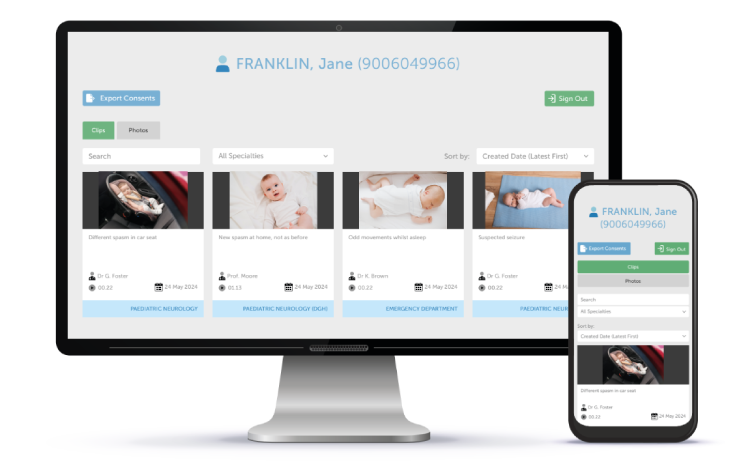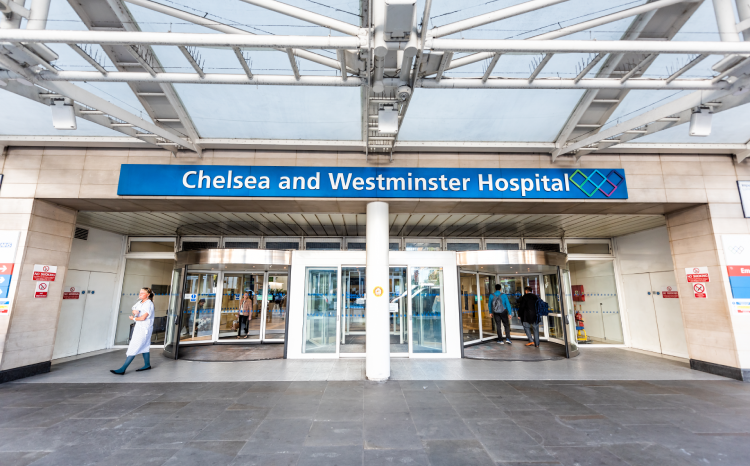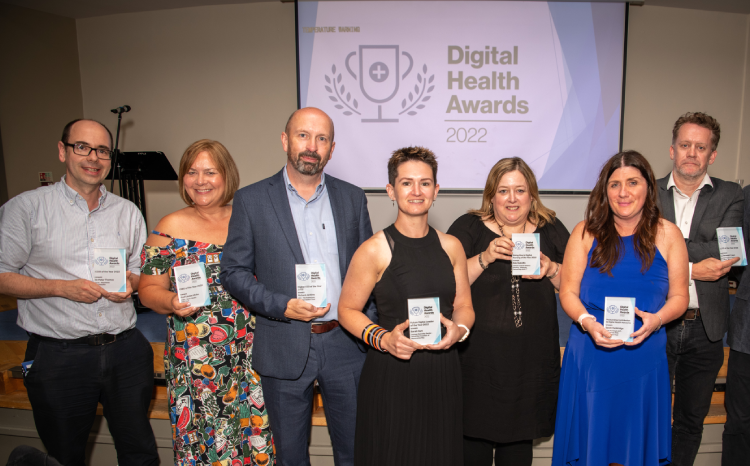Industry news in brief
- 4 December 2020

This months industry round up features news Allocate and Locum’s Nest have partnered to better fill staffing gaps and fears around clinical settings during Covid-19 have sparked an increase in demand for digital health.
Allocate and Locum’s Nest partner for interoperability
Rostering and bank staff systems Allocate and Locum’s Nest have partnered to improve workflow in the NHS.
It partnership means organisations can now automatically publish hard to fill vacancies, reducing the need to turn to traditional locum agency routes.
Locum’s Nest has a clinical workforce of around 30,000 staff on its temporary staffing platform. The partnership means unfilled Allocate Bank duties, for medical, dental and AHP workers can be passed to Locum’s Nest for fulfilment.
Once a bank worker has been sourced, the worker information will be transferred back to Allocate solutions and booked to the duty.
Nick Wilson, chief executive of Allocate, said: “Every month the NHS fills over 1.2 million temporary staffing shifts with internal NHS staff using our BankStaff software.
“Even so, with the global demand for clinical staff outstripping supply, our customers often have to use other sources to staff some hard to fill shifts. These colleagues come from temp staffing apps, outsourced bank providers or agencies.
“Through interoperability with partners like Locum’s Nest we aim to do all we can to reduce the administrative overhead of accessing these sources of staff and most importantly, as has proved critical during the pandemic, ensuring that all staff booked are visible in the live roster so that organisations have a clear picture of all staff at any given time.”
Dr Ahmed Shahrabani, co-founder and director of Locum’s Nest, added: “The integration with Allocate’s market leading rostering solution for health and care organisations is a step further on our mission to support the NHS to work in a more transparent, collaborative manner, increase workforce engagement and improve care outcomes within our health service.
“NHS professionals currently working on the frontline need as much help as possible in arranging cover to resource patient care and this new collaboration will short circuit that process and swiftly deliver the urgent skills and experience to relevant wards and departments relieving the current resourcing pressures.”
Mendelian and Modality NHS Partnership announce rare disease diagnosis programme
Rare disease digital health company, Mendelian, and Modality NHS Partnership, have announced the biggest ever rare disease diagnosis programme in the UK to improve rare disease diagnosis and enable quicker access to better care.
Beginning in January 2021, Mendelian’s NHS-integrated, purpose-built technology will support primary care diagnosis of rare disease throughout Modality’s extensive GP practice network.
Supporting more than 450,000 people through more than 45 GP practices, Modality is the largest GP super-partnership in the UK, covering eight regions from North Yorkshire to Mid Sussex.
Dr Will Evans, clinical lead at Mendelian, said: “Too many times I’ve heard the same story from patients, carers and parents – that their journey to diagnosis was long and painful – but once received, it opened many doors that led to improved quality of life.
“Getting a correct diagnosis isn’t easy and doctors do everything they can to help patients: to get them on the appropriate treatment pathway, to ease symptoms and slow disease progression. Often this involves ruling out more common conditions, trialing medications and consultations with multiple specialists related to their symptoms, all of which takes time.
“What we aim to do at Mendelian is use our specially developed technology that understands the signs and symptoms of potential rare diseases to help the clinicians looking after these patients to reach a correct diagnosis.”
Fear of clinical settings sparks rise in digital health
New research has revealed that during the Covid-19 pandemic around 1 in 4 chronically ill patients have actively avoided seeking in-person medical care due to fear for their safety.
Nearly a third (29%) said their desire to avoid clinical settings means they are now more likely to use digital healthcare solutions, such as apps and connected devices.
According to the S3 Connected Health research, which was conducted among 4,000 UK and US consumers, 24% of patients with long-term or chronic health conditions – around 3.6m Brits and 32m Americans – have put off routine appointments during the pandemic.
When asked how they would like their care experience improved 30% said they would like to see more virtual-first appointments, 27% said they would prefer wearable devices to track their health at home, and 21% said they would like healthcare systems to adopt a ‘remote by default’ approach.
Jim O’Donoghue, president at S3 Connected Health, said: “Covid-19 has undoubtedly accelerated the rate at which digital technologies have been incorporated into healthcare systems across the globe, sparked by the need to facilitate care provision remotely and minimize the risk of infection by reducing face-to-face meetings between doctors and patients.
“This shift to remote and virtual care will be a long-term reality for the industry, so it’s reassuring to see the appetite for digital health is there.
“Healthcare providers will increasingly be looking for valuable digital solutions to help them through the pandemic, and beyond. There’s a clear need in medtech circles for companies to focus on the development of devices and device-based services that enable patients and clinicians to monitor our health remotely, and improve patient outcomes at the same time.”
GPs urge patients to self-care to relieve pressure on NHS
GPs want people to practise self-care and are urging patients to only go to the doctor’s office if absolutely necessary, a recent survey has found.
The findings of the survey, commissioned by digital self-care platform Healthily, of 2,200 adults and 100 GPs from across the UK, show that over two-thirds (67%) of GPs want their patients to take greater responsibility for their own health and relieve pressure on the NHS.
Over half (55%) of adults who responded to the survey said that they had been managing their health and wellbeing through self-care at home since the start of the pandemic.
The pandemic has sparked a self-care trend with 2 in 5 (40%) of GPs agreeing that COVID-19 has shown that people have an ‘innate sense’ of when they genuinely need face-to-face medical treatment.
Nearly two-thirds (61%) of GPs also agree that since the onset of the pandemic, the general public are taking more responsibility for their own health.
Professor Maureen Baker, former chair of the Royal College of General Practitioners and chief medical officer at Healthily, said: “We must ensure that we are doing our best to relieve pressure on GPs and NHS staff during this difficult time.
“The pandemic has had a huge impact on society, but it has also helped the public to embrace self-care, that is a positive thing when there are so many things people can manage themselves,”




